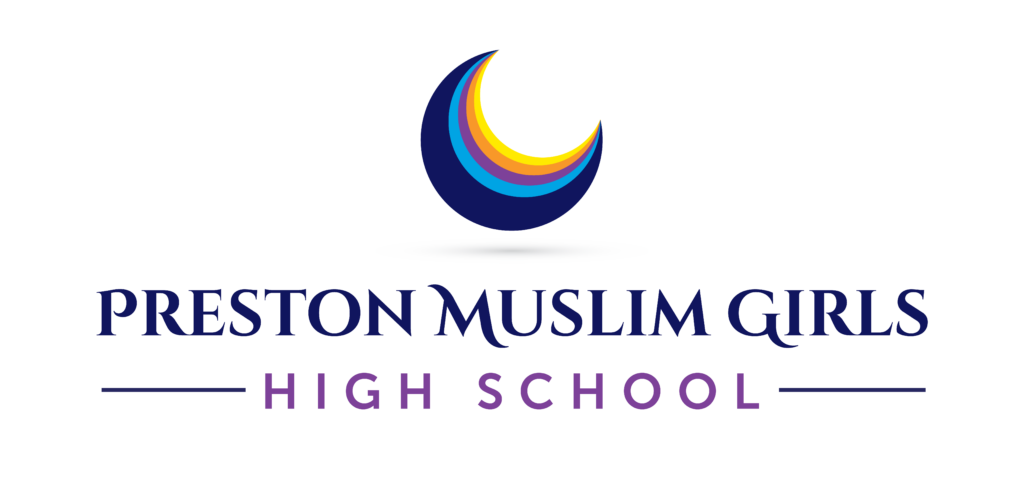Intent
Business teaches pupils essential skills which are for life. It creates independent, motivated young people who have a vision and a passion to contribute to the world of work by becoming young entrepreneurs and running their own successful businesses, or to develop a passion for different areas within Business and continuing to study the subject post 16 and beyond before using their transferable skills within a career of their choice or in an entrepreneurial way.
The aim of the Business department is to enable pupils to:
- know and understand business concepts, business terminology, business objectives, the integrated nature of business activity and the impact of business on individuals and the wider society
- apply knowledge and understanding to contemporary business issues and to different types and sizes of businesses in local, national and global contexts
- develop as enterprising individuals with the ability to think commercially and creatively to demonstrate business expertise, and draw on evidence to make informed business decisions and solve business problems
- develop as effective and independent pupils, and as critical and reflective thinkers with enquiring minds
- use an enquiring, critical approach to make informed judgements
- investigate and analyse real business opportunities and issues to construct well-argued, well-evidenced, balanced and structured arguments, demonstrating their depth and breadth of understanding of business
- develop and apply quantitative skills relevant to business, including using and interpreting data.
We as a department want to create the very best Business pupils across the country, developing a love for the subject and a passion to continue to study Business post 16. The aim of the Business curriculum is to equip all pupils with the needed knowledge and skills to access the external examinations by being able to demonstrate, apply, analyse and evaluate. The curriculum also intends to enable pupils to identify business
problems, spot opportunities as well as developing soft skills, through lessons, to ensure pupils have developed the needed employability skills to be able to prosper within today’s society. The Business curriculum will develop pupils’ understanding of small businesses before building on this knowledge and developing an awareness and understanding of how to build a larger business. The curriculum looks at the impact of businesses on local, national and global level and links into current business trends, keeping the pupils engaged, aware and interested in the world of business around them and how this impacts the business world.
Implementation
The department follows the Edexcel GCSE 9-1 in Business. The course is delivered to the pupils across two years through their KS4 journey. Theme 1 is delivered over Year 10 and Theme 2 begins in Year 10 and is completed during Year 11. Each year group has 6 lessons across the two-week timetable and taught by a Business specialist.
Although elements of the two themes interweave, we have decided to deliver the curriculum following the theme of delivery of Theme 1 before adding to knowledge and understanding and delivering Theme 2. Lessons constantly require pupils to demonstrate prior learning and when developing the skills of the 12-mark answers, this requires business knowledge to be drawn from across the curriculum. Pupils are aware that even though they are taught in topics, the understanding from all topics weaves through each element. The Edexcel scheme of work has been adapted and populated to suit the delivery to pupils.
Business is delivered in an engaging, supportive and interesting manner, using the resources within the classroom to allow pupils to learn through a number of different channels and mediums. This ensures that Business theory is creatively and clearly taught to ensure that pupils have the underpinning knowledge needed to be able to apply their understanding to a range of business case studies, which are both familiar and unfamiliar to them. Pupils need to be able to think analytically, be able to reach logical conclusions based on case study data or business scenarios, and make thought through judgements on future changes within markets and the economy. Pupils must understand the impact business decisions have on a local, national and international scale.
The Business curriculum enables pupils to become well-rounded individuals numerically, literally and spiritually and achieve progress in line and above. Pupils are constantly challenged to work collaboratively and think independently, developing an enquiring mind within lessons. As a knowledge-based curriculum it is essential that the knowledge underpins and enables the application of skills; both of which are entwined. Content is delivered to pupils and then applied through research projects, presentations, practice exam questions and end of topic assessments
Regular feedback is given to support all pupils to progress. All pupils are treated with the same high expectations to engage and contribute to the learning within the classroom. Work is scaffolded to enable all to gain the needed knowledge and skills to apply understanding and achieve to their potential within Business. All pupils study this inclusive curriculum. The planning of schemes of work and the resources used to enhance learning and engagement are done so with appropriate challenge for every pupil in mind. Teaching is adapted within the classroom to ensure that all pupils, SEND and the more able, are taught with equal ambition. Equipment such as laptops and tablets are available for learners with additional needs. Extra time and rest breaks are arranged for pupils who are eligible for it during lessons and examinations. Sentence starters and structure sheets are provided for those who require the additional assistance.
Classes within Business are of mixed ability and the content is delivered skilfully to meet the needs and challenge all. Expectations are not lowered but targeted support given to ensure all pupils can flourish. Pupils are questioned effectively within lessons to stretch thinking and deepen understanding. Theory is applied to current business news and areas of interest to help with engagement and understanding
The curriculum goes beyond what is taught within lessons and although the priority is for all pupils to achieve the very best examination results, we also develop soft skills, which are not measurable, such as being able to use initiative, developing leadership skills and being able to articulate themselves clearly using Business vocabulary. Opportunities are given for pupils to read news articles and apply their understanding. Business articles are uploaded onto the school website fortnightly for pupils to access easily. The reading of case studies and business scenarios is a theme which spreads across all areas of the specification. Linking pupils with current news articles keeps them engaged and informed and helps them in preparation for their GCSE papers.
The current rationale of delivering the specification in order through Theme 1 and then Theme 2 is to allow pupils to build confidence within a new subject which is only studied as an option, starting in Year 10. Pupils have some exposure to enterprise activities in KS2 and KS3 but they have no opportunity to learn any key business concepts or language in curriculum time prior to starting in Year 10. With experience, we have found that pupils can feel a little overwhelmed within the first term with all the new language and content they are covering. We have therefore decided to deliver Theme 1 during Year 10, taking time within the first term to deliver the curriculum more slowly and build pupils’ confidence and literacy. As confidence develops and understanding widens, the pace of delivery can increase as links are made to other areas of the curriculum. This gives a more holistic approach to delivery and suits the needs of the pupils studying the subject.
The Business curriculum is reviewed on an annual basis, however, teaching and learning resources are reviewed and amended on a daily basis as a result of the assessment of the learning taking place in lessons and pupils understanding and enjoyment.
Impact
Business is a well-constructed, thoughtfully taught subject which has historically led to above average GCSE results.
Quality Assurance, moderation and liaison with Business departments from local schools ensures that the intended curriculum plans are delivered, and pupils are assessed effectively.
An element of curiosity and enjoyment is introduced from the very first Business lesson and continues throughout the course, not only coming from the teaching staff but also from external visits. These include a local shopping mall and football stadium.
Business is an extremely popular subject amongst pupils when choosing their options in Year 9. Outcomes in Business have historically been excellent and well above the national average. A proportion of GCSE Business pupils go on to study Business related courses at the local colleges’ – usually A Level Business Studies, Economics or Accounting. A number have applied for Business related Apprenticeships, and many pupils have gone on to start their own businesses. All pupils have been inspired to do their best, whichever pathway that may result in them taking.
Informal feedback from pupils suggests that they enjoy the subject and value the knowledge and understanding they get from the course. After pupils have completed their Business Education, they leave PMGHS much more informed about the world in which they live. They are able to offer better informed opinions on their future based on the development of their business minds and the enterprise and employment capabilities they have developed. The department celebrates success in the school newsletter and through rewards in celebration assemblies.

